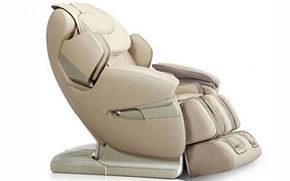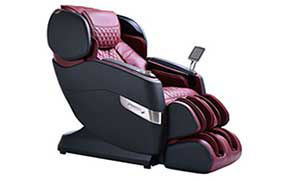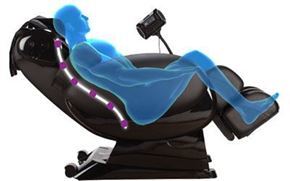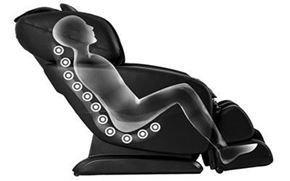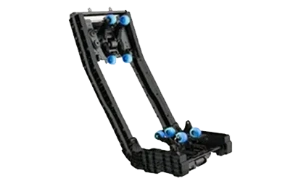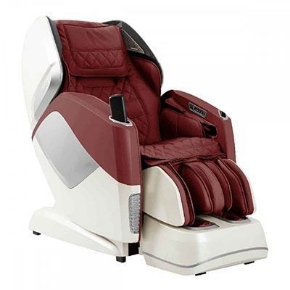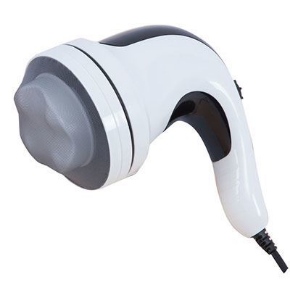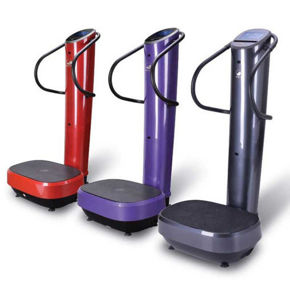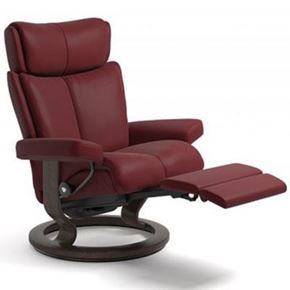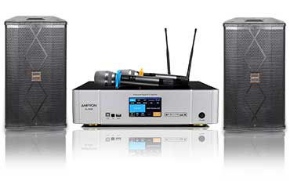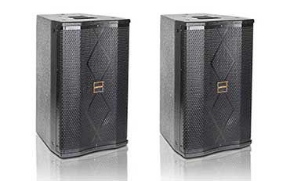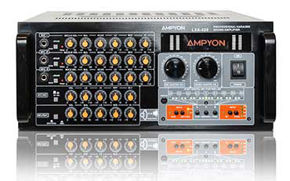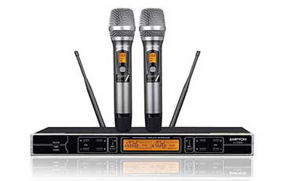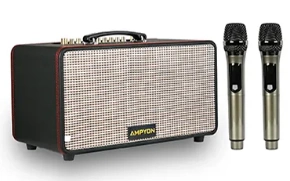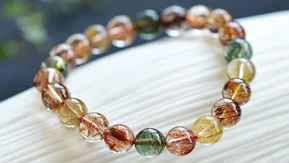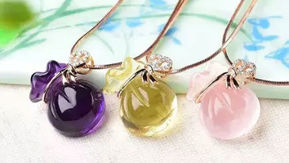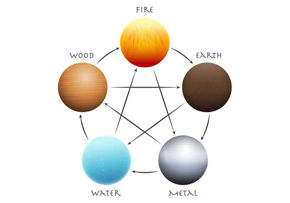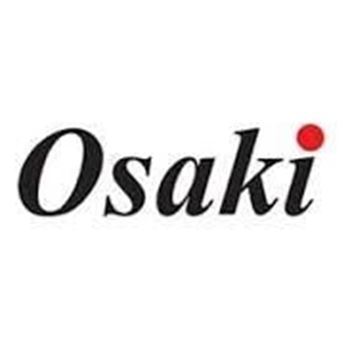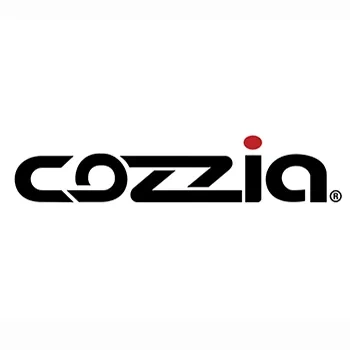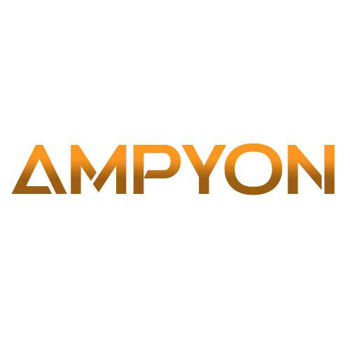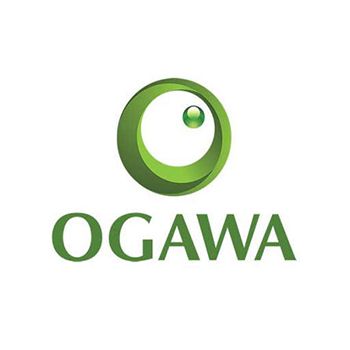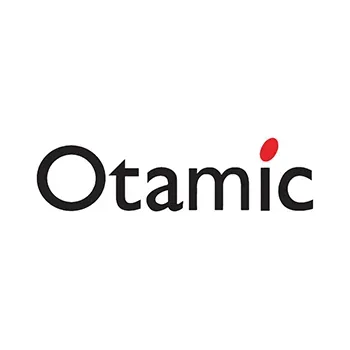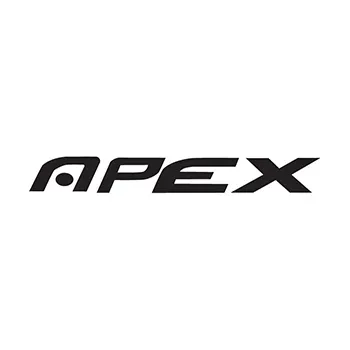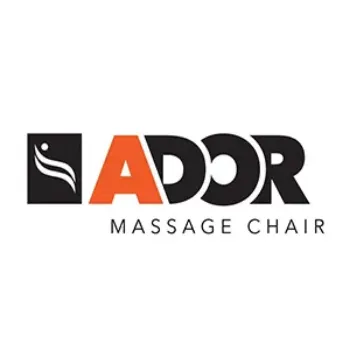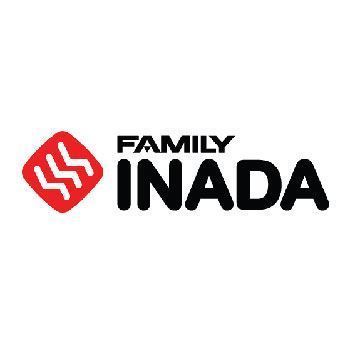Whether you are setting up a home karaoke system or a professional karaoke bar, the choice of your audio equipment is critical for delivering an unforgettable singing experience. Two popular categories of sound devices commonly used are digital karaoke processors and analog mixers. Each comes with its own set of pros and cons, and the optimal choice can differ based on various factors like sound quality, ease-of-use, and cost. This blog aims to provide a detailed comparison between these two types of devices to help you make an informed decision.
Digital Karaoke Processor: The Future of Sound Processing
Pros
-
Feature-Rich: Digital karaoke processors come pre-loaded with a plethora of digital effects such as reverb, echo, pitch correction, and many more.
-
Compact Design: Digital processors are often smaller, sleeker, and more portable, ideal for setups where space is at a premium.
-
Precision: With digital signal processing, you get highly accurate sound adjustments. This is ideal for achieving that 'studio-quality' karaoke experience.
-
Connectivity: Modern digital processors often include options for digital connections like HDMI, USB, and even wireless options like Bluetooth and Wi-Fi.
Cons
-
Complex Interface: The myriad of features and settings can be overwhelming for a beginner or for someone used to the straightforward nature of analog mixers.
-
Cost: High-quality digital processors can be expensive, especially those offering a wide range of features.
-
Potential Latency: While minimal, digital processing can introduce some latency, although this is generally imperceptible to most users.
Analog Mixers: The Timeless Classics
Pros
-
Warm Sound: Many users and professionals prefer the warm and 'natural' sound that analog circuits provide.
-
Direct Control: Analog mixers provide tactile control via physical knobs and faders, giving immediate feedback.
-
Reliability: Analog components are often more robust and less prone to malfunctions than digital processors.
Cons
-
Bulky: Analog mixers are often bigger and heavier, requiring more space and are less portable.
-
Limited Features: Without digital processing, you're often stuck with basic adjustments like volume, balance, and simple tone control.
-
External Hardware Required: For advanced effects, you'll often need to connect external effect units, which can be cumbersome and expensive.
In-Depth Comparison
Sound Quality
When it comes to sound quality, the debate between digital and analog is long-standing. Analog mixers are often praised for the 'warmth' they bring to the sound. This is particularly appreciated by audiophiles and can be important in a karaoke setting to make vocals sound richer. Digital processors, however, offer crisp, clear, and precise audio output. High-end digital processors now come close to emulating the warm sound previously unique to analog mixers.
Flexibility and Features
Digital karaoke processors are unrivaled in their versatility. They can come with features like pitch correction, voice effects, and complex equalization settings. These can be invaluable for amateur singers who might need a bit of help to sound their best. Analog mixers, on the other hand, provide fewer features and any additional requirements would need external hardware.
Ease of Use
Analog mixers usually offer a straightforward experience. If you are a purist who just wants to mix sound without fuss, analog is the way to go. Digital processors, due to their feature-rich nature, can be complex. However, they usually come with presets that can make life easier for beginners.
Portability and Form Factor
If space is a concern, digital karaoke processors are often much more compact than their analog counterparts. This makes them easier to transport and set up, providing a clear advantage for mobile karaoke setups or for use in confined spaces.
Durability and Reliability
Analog mixers are renowned for their durability. They are built to withstand the test of time, often outlasting digital processors. Digital units, while not inherently fragile, do contain more complex circuitry that could potentially fail. Therefore, if longevity is a concern, analog could be a safer bet.
Price
Digital processors can be costly, especially those at the higher end of the spectrum. While there are budget-friendly digital options, they may lack certain advanced features. Analog mixers can be more affordable but consider that adding external effects processors to an analog setup could drive up the cost.
Conclusion
The decision between a digital karaoke processor and an analog mixer isn't black and white. It highly depends on your specific needs, budget, and what you're looking to get out of your karaoke experience.
-
Go Digital if: You want a feature-rich experience, crave high precision, or have limited space. Digital is also excellent for those who like to "tweak" settings frequently and appreciate the convenience of modern connectivity options.
-
Go Analog if: You prefer a warm, natural sound and a straightforward, tactile user interface. If you're looking for long-term reliability and are willing to invest in external hardware for advanced features, analog is a solid choice.
Whichever path you choose, understanding the pros and cons of each can guide you to make an informed decision that resonates with your unique requirements. Happy singing!

